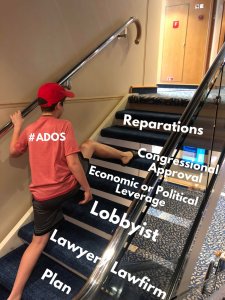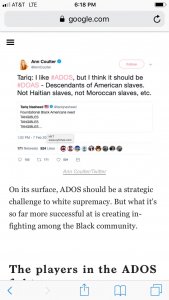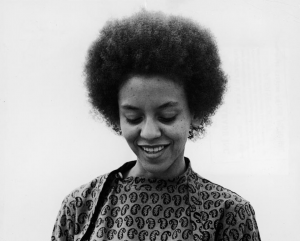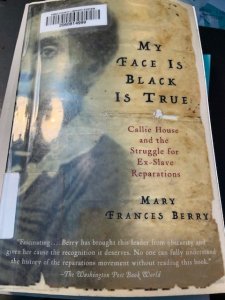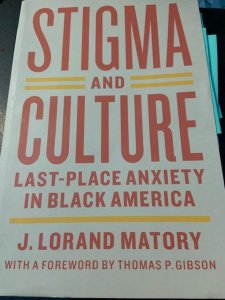- 14,331
- 34,575
- Joined
- Jan 16, 2011
You missed the point because you are so hung up on that "us vs them" perspective that you didn't realize that everything I have said only makes sense within an American context.I missed the point because it was poorly made. You asserted that our passports, borders and institutions are no different, ignoring the fact that those of your homeland are inaccessible to ados. I’m a male sir, I don’t throw shade, I make statements. All blacks are living in a system of white supremacy, that has never been denied.
And LOL at you invoking your manhood when all you've been doing is appeals to emotion instead of addressing the logical counterpoints to the strategy.
Throwing shade fits just right.



